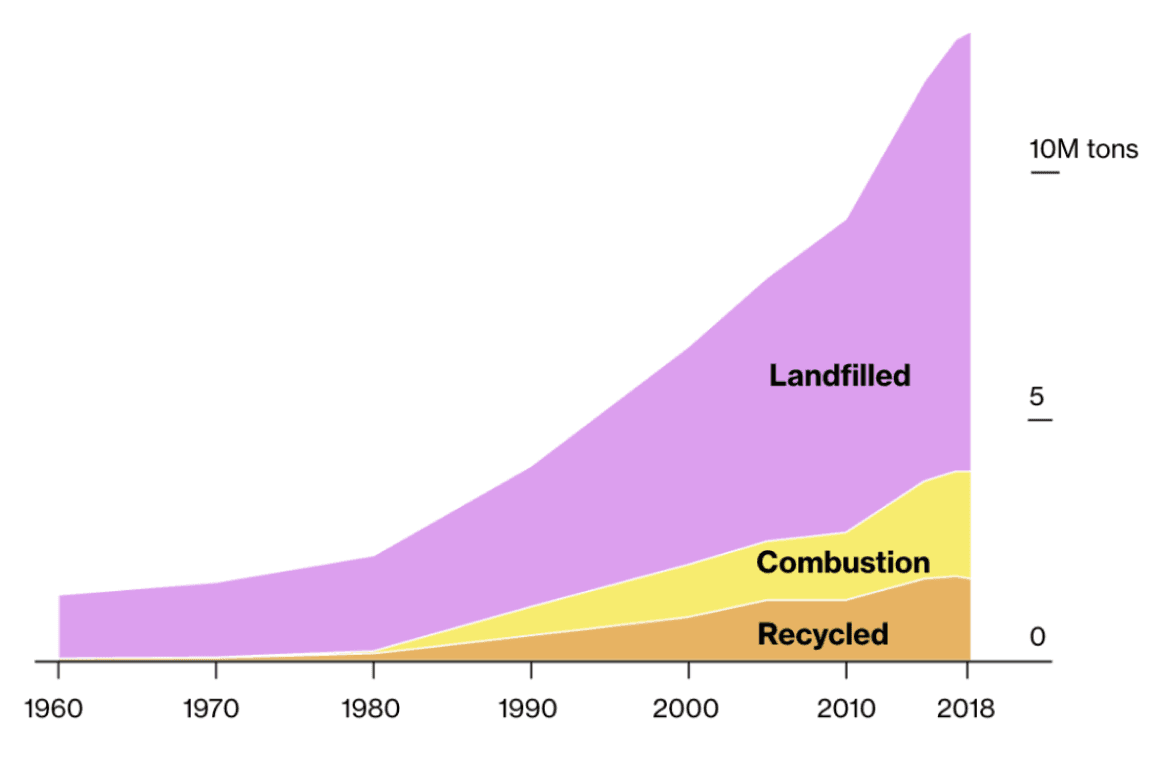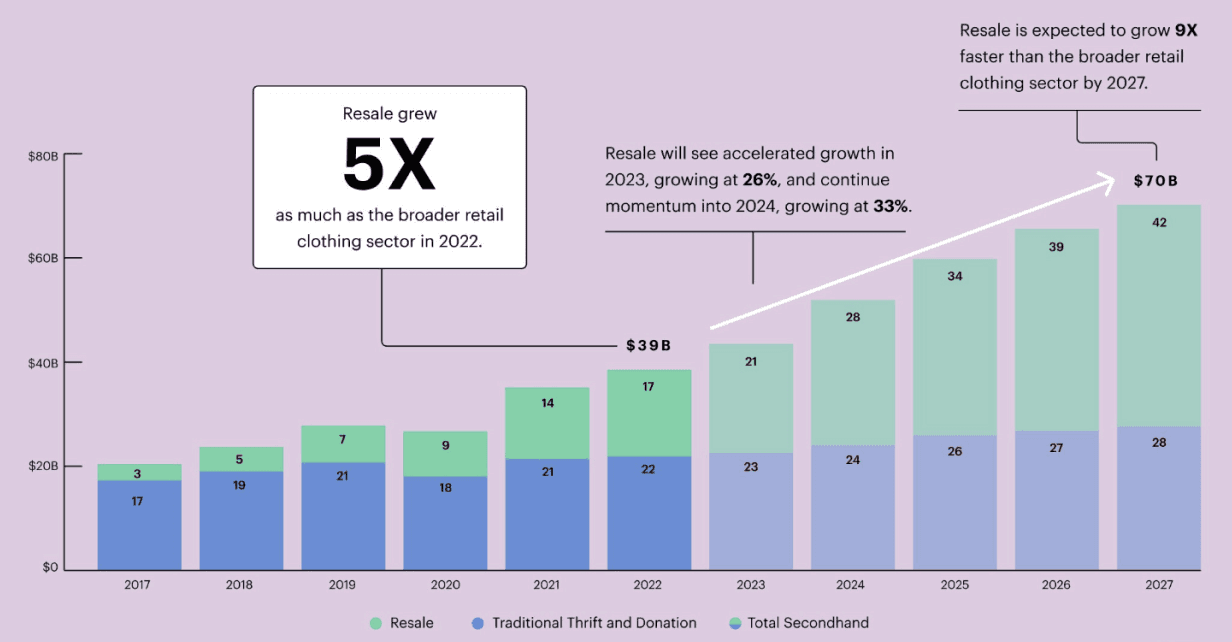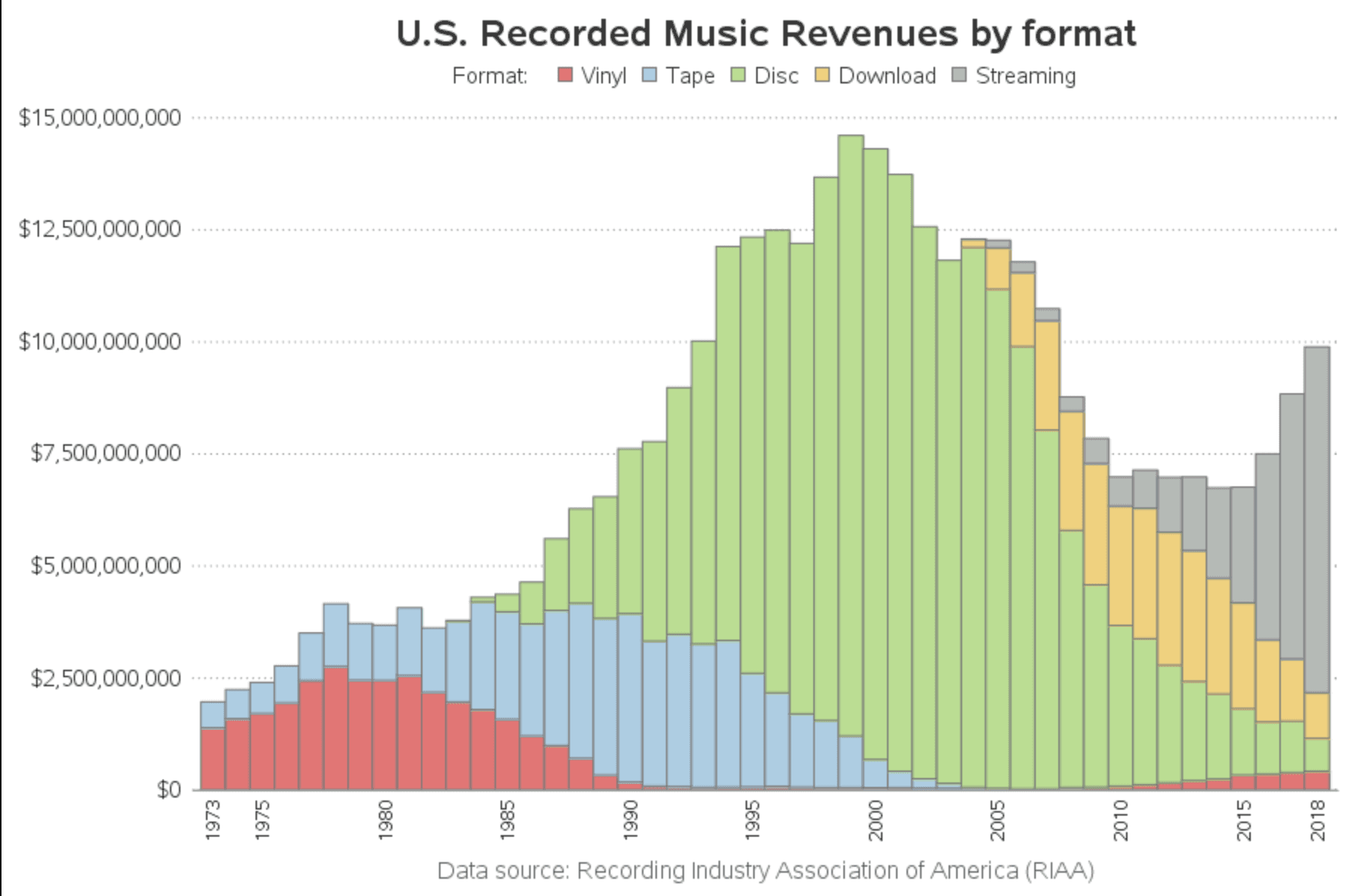THEME
SITUATION
What Solastalgie is about
I've recently learned about a term called ‘Solastalgie’ (coined by philosopher Glenn Albrecht in 2003).It describes a form of existential distress caused by environmental change. In an era where consumerism reigns supreme, many of us feel a profound sense of pain witnessing the destruction of our planet.Another work approaching this matter is my post on mindful consumption and ascetism.
Posted on August 17 2023 by

THEME
HYPOTHESIS
For most, the thought of a minimalist life without tangible possessions in their own home is difficult to grasp. Certainly, technology has altered the way we live. We have entire libraries, music collections, and various electronic gadgets compacted into a single device. Still, the need for clothing, kitchenware, hygiene, health products, furniture, interior décor, art, and hobbies fills our living spaces.
But perhaps we’re thinking too radically when we consider the shift to modern asceticism as a simple on/off switch. What if it could be a gradual process?
Imagine going on a weekend trip. Think about the essentials you carry, how you live during that time, whether it's a city tour or a nature retreat. You have only the basics, living in a reduced space, yet lacking nothing. That could be our daily reality.
It doesn’t mean throwing away everything we own. Instead, we might envision a decentralized storage system, sharing what we have, reducing the overall need for products and the space to store them. The result? Less purchasing, more available living space, and increased individual prosperity through reduced consumer and rental expenses. Moreover, access to a virtually limitless inventory makes people "have" more than before.
Of course, this optimistic view has its challenges. Wear and tear, availability, insurance, delivery, storage – these are complex operational problems that must be centrally coordinated and solved locally.
How do we approach this radical reorganization of 'have, lease, and own'? Here's a model that lays the groundwork, especially in densely populated areas:
Externalize What You Have: Make your possessions accessible to others, so buying and production shrink.
Efficient Delivery: If you need something you own, have it delivered or pick it up, ensuring the system is low in CO2 emissions.
Rent When Needed: If you need something outside of what you "own," rent it.
Learn to Live Without: Cultivate the mindset and the lifestyle that appreciates less, not more.
Modern asceticism isn’t about giving up everything all at once. It’s a gradual shift in perception and behavior that can lead us to a more harmonious existence with our planet.
Below I’d like to give some inspiration of possible products that could help the change.
Posted on August 17 2023 by
A bit of text book knowledge to get warm with the concepts.
Let’s start with Consumerism (or Materialism as the underlying value system). The cultural orientation that is core to our modern capitalist society in Europe, US and other regions of the world.
If you have not thought about these concepts much think of consumerism as the idea of buying and consumption of goods and services as a route to happiness or social progress. Materialism on the other hand is the belief or attitude that physical possessions and material wealth are more important than spiritual or intellectual pursuits.
To round things up let's look at the value chain of consumerism/materialism. Consistsing of advertising and media creating desires, manufacturing filling demand with produce, transportation moving, and retail selling products to customers. Finally, sanitation handles disposal after some time.
This cycle continuously repeats and accelerates, covering a spectrum of categories such as fashion, electronics, furniture, toys, sports, beauty, drugs, industrial food, and more.
Materialism keeps rising
Materialism keeps rising
Overall, consumption makes up the majority of economic activity in most economies thus are the major contributor to CO2 emissions. The ever increasing growth in consumption ultimately results in a progressing society of waste.
World Consumer Spending 1970-2023. (World Bank)
Many humans find it difficult to realize what they truly desire when the limbic system is constantly bombarded with artificial needs crafted by the advertising industry. The surge of low-cost production from China paired with highly optimzed distribution technologies has compounded the problem. The rise of new business models (such as Temu in general commerce and Shein in fashion) is gaming human psychology more effectively than most established tech firms.
From zero to 400 million Euro monthly Gross Merchandise Revenue of Temu in 7 months (Temu, 2023)
Relative search volume of 3 retailers from last 24 months - H&M Shein Temu (Google Trends, August 2023)
Shein epitomizes the fast fashion movement, offering low-quality products at minuscule prices that adapt to current fashion trends more swiftly than traditional industry. This trend results in the majority of products quickly becoming waste, ending up in landfills.
Most clothes end up in a landfill - clothing/footwear waste per year by disposal method (Environmental Protection Agency, 2019)
Yet, there's movement in the other direction as well.
The rise of secondhand products shows people's willingness to shift their consumption behavior towards more sustainable routes.
US secondhand market expected to reach $70 billion by 2027 (GlobalData 2023)
Technology is able to transform industries in new, more sustainable ways.
The redistribution of music content via the internet has almost completely eliminated the transmission medium (vinyl, cassette, CD).
US Recorded Music Revenues by Format (RIAA, 2019)






